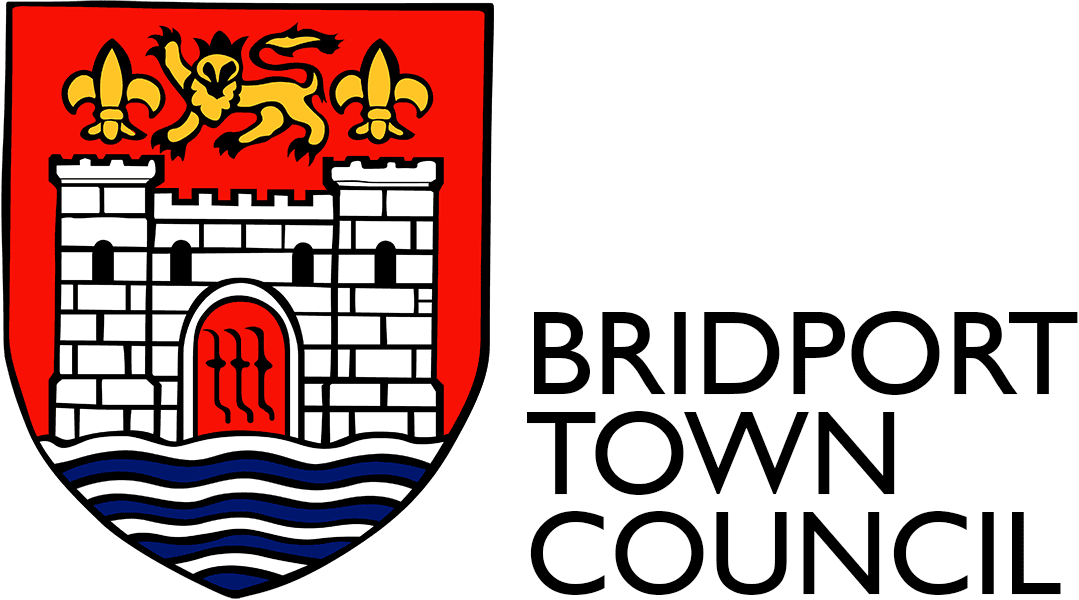NHS England has been responsible for commissioning dental services across England, with its South West office having managed local contracts. This, however, changed from April 2023 when contracting for primary NHS dental care was delegated to Integrated Care Boards (see below).
Dental practices are independent businesses where dentists may operate under contract with the NHS, as well as providing private dentistry. Those who take up NHS contracts are paid to provide subsidised dentistry, which is in theory offered to any adult. Dentists will contract to deliver a given number of units of dental activity (UDAs) over the coming year, with simple treatments such as a check-up or diagnosis awarded 1 UDA, slightly more complex treatments like fillings 3 UDAs and much more complex treatments like a crown or dentures 12 UDAs. Where a contracted UDA limit is not met a refund goes back to the NHS. It should be noted these NHS contracts are negotiated by individual dentists (rather than by practices).
For most adults NHS dentistry offers subsidised treatment, with patient contributions towards the cost falling into three bands (£24, £65 and £283). However, under separate funding arrangements certain groups are entitled to free NHS dentistry. These are:
- Children and young people under age 18 (or under 19 if still in full-time education);
- Women who are pregnant or have had a baby within the last 17 months;
- Anyone who is in receipt of a low income (welfare) benefit; and
- Anyone who is treated within an NHS hospital by an NHS dentist.
A small number of dental contractors also provide domiciliary treatment for residents who are unable to leave their home for physical or mental health reasons, including those in care homes.
Urgent or emergency dental care funded by the NHS is also available. This NHS 111 service is accessed locally by calling the Dorset Helpline, which is managed by the 111 Wessex Dental Advisory Service. It is limited to patients experiencing acute pain, acute infection or trauma/bleeding.
Some community services are provided for those whose particular needs cannot be met by general dental practice. In Dorset they are commissioned by NHS England from the Somerset NHS Foundation Trust. Groups served include people with severe phobias, with learning disabilities or autism, with physical disabilities, with dementia, needing bariatric equipment, undergoing chemotherapy and some homeless people. Referrals to these services can be made by social workers, care workers, school nurses, family GPs and some voluntary organisations, as well as by dental practices. They are typically delivered at main hospital sites.
